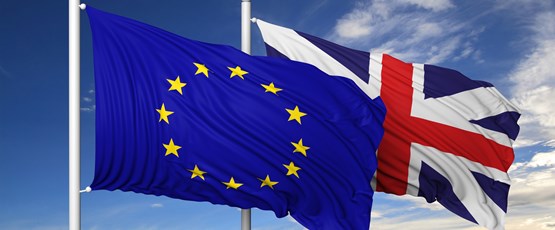Jurisdictions
- Bermuda
- Guernsey
- Bahamas
- Barbados
- Seychelles
- Liechtenstein
- Singapore
- British Virgin Islands
- Hong Kong
- Luxembourg
- Antigua
- Switzerland
- Cayman Islands
- Nevis
- New Zealand
- Belize
- Netherlands
- Ireland
- United Kingdom
- United Arab Emirates
- Mauritius
- Jersey
- Labuan
- Rwanda
- Gibraltar
- Marshall Islands
- Samoa
- Panama
- St Vincent & The Grenadines
- Austria
- Madeira
Industry Sectors
- Hedge Funds and Alternative Investments
- Citizenship and Residency
- International Tax Planning
- Islamic Finance
- Fintech
- Insurance/Reinsurance
- Investment Funds
- Trusts And Foundations
- Private Banking
- Wealth Management
- Philanthropy
- Offshore Securities Markets
- Sustainable Finance
- Family Offices
- Arbitration
- Regulation and Policy
- Comment
- Big Debate
- In the Chair
- Global Regulation & Policy
- Features
- Sector Research
- Jurisdictions
- British Virgin Islands
- Cayman Islands
- Belize
- Bahamas
- Guernsey
- Switzerland
- Bermuda
- Barbados
- Singapore
- Hong Kong
- Luxembourg
- Labuan
- Jersey
- United Arab Emirates
- Ireland
- New Zealand
- Netherlands
- Liechtenstein
- Mauritius
- Antigua
- Rwanda
- Austria
- Seychelles
- Anguilla
- Samoa
- Marshall Islands
- Gibraltar
- Nevis
- United Kingdom
- North America
- Canada
- Asia
- Africa
- Latin America
- Australasia
- Europe
- Industry Sectors
- Hedge Funds and Alternative Investments
- Citizenship and Residency
- International Tax Planning
- Islamic Finance
- Fintech
- Insurance/Reinsurance
- Investment Funds
- Trusts And Foundations
- Private Banking
- Wealth Management
- Philanthropy
- Offshore Securities Markets
- Sustainable Finance
- Family Offices
- Arbitration
- Regulation and Policy
03/02/20
From Features
A World Without IFCs

What Would the World Be Like Without IFCs?
This feature includes articles about efforts to remove IFCs and what this could look like for the future of offshore finance.
Evolution of Offshore
Tax Havens to IFCs

Andrew Morriss
Bush School of Government & Public Service and School of Law, Texas A&M University, College Station, Texas, USA

Charlotte Ku
Texas A&M University School of Law, Fort Worth, Texas, USA
Over the past 70 years, many smaller jurisdictions have evolved into international financial centres (IFCs). Although different in their historic origins and in the financial products and services they offer, IFCs share a common development path. Understanding that evolution can shed light on what the next decade is likely to bring.
Before World War I, the international financial order was built around the gold standard; several relatively free trade zones (the British Empire, the French colonial empire, the American zone of influence) and multinational businesses, including banks serving international businesses such as First National City Bank (the forerunner of Citibank), consumer product companies such as Unilever, and natural resource producers such as Royal Dutch/Shell. By the end of World War II, that financial order was shattered not only by the war but by Nazi and Soviet efforts at autarky, tariff wars, the Great Depression, and the liquidation of UK overseas assets to pay for both world wars.
Further articles
Tax Monopoly
A World Without IFCs

Andrew Morriss
Bush School of Government & Public Service and School of Law, Texas A&M University, College Station, Texas, USA
What if IFCs no longer existed? This is not a rhetorical question. There is a concerted campaign underway to eliminate international financial centres (IFCs).
Most opponents of regulatory and tax competition focus primarily on taxes. At the core is opposition to individuals’ and firms’ ability to shift income to jurisdictions charging lower tax rates. They want a world without such tax competition: ’Tax Monopoly World.’ What it will include begins with proposals for minimum levels of business and personal taxation’ global exchange of information; beneficial ownership registries that identify individual owners of all assets; and restrictions on the ability of people and firms to change tax domiciles.




